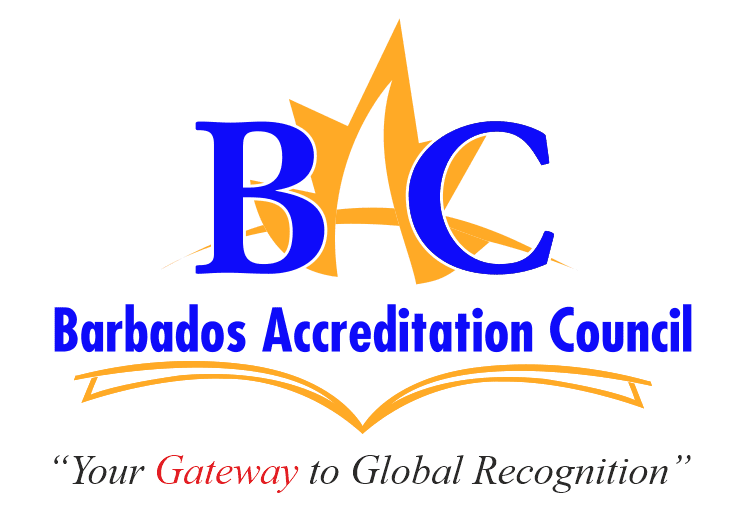
From the small business owner to major companies, re-strategizing with careful use of foresight and analysis has become paramount for maneuvering during this difficult COVID-19 period. The International Labour Organization (ILO) reported that there have been 34 million job losses in Latin America and the Caribbean. Moreover, the Inter-American Development Bank conducted over-the-phone surveys for a study they did on the consequences of COVID-19 on Barbados. The survey revealed that 46.3% of workers who were interviewed, lost their job. The largest share of laid-off workers were in the tourism, accommodation, and food services sector, wholesale and retail trade, and construction.
As a result of this economic fallout, many will be inspired to create opportunities in the midst of uncertainty and should be mindful of the tools at their disposal. It is time that CARICOM nationals take advantage of what the regional leaders have implemented, even pre-pandemic: To see ourselves and our neighbouring countries as one unified body. Barbados’ Ambassador to CARICOM, David Comissiong, highlights the benefits of seeing these individual islands as one collective market in relation to a local perspective. “Altogether, CARICOM is 70-times the size of Barbados with a collective economy 17-times that of this island.” The opportunities that aspiring CARICOM nationals may have been looking for are only miles away and COVID-19 may act as a catalyst for our search.
This broadening of our horizons can be done with a tool – The Certificate of Recognition of CARICOM Skills Qualification. In summary, the free movement of skills/labour entails the right of a CARICOM national to seek work or engage in gainful employment in any of the qualifying CARICOM member states. CARICOM leaders have created this with the intention of increasing free movement of skilled persons by lowering the barriers to entry between States. If you fall into one of 12 skilled categories (The categories are Graduates, Media persons, Artistes, Musicians, Sportspersons, Professional Nurses, Teachers, Artisans, Holder of an Associates’ Degree or a comparable qualification, Household Domestics, Security Guards and Agricultural Workers), you can have access to any of these countries for employment, however, it is not a means of nationalization or gaining citizenship. Furthermore, for a country, local labour is not always best suited to carry out the functions of an industry which government may see as key to development and one they should focus on, so as opposed to hiring labour that doesn’t fit, the Skills Certificate gives access to a new set of individuals who may fit the needs of the industry. This more ideal matching of labour with tasks leads to increased efficiency and productivity. Ambassador Commisiong added that Industries which are job-scarce in one country are not always job-scarce in another and as such, the ability to be able to transcend borders to take advantage of these differences in opportunities is key. For example, there are countries such as Guyana where the petroleum industry is expanding and demand for workers will increase.
It is encouraged that persons be proactive in this period of uncertainty. The CARICOM Skills Certificate can be obtained from the Barbados Accreditation Council (535-6740) at Manor Lodge, Green Hill, St. Michael, for a fee of BDS $100. Visit our website, bac.gov.bb, or social media platforms for more details.
Marcus Myers
Information Officer
Barbados Accreditation Council
info@bac.gov.bb
